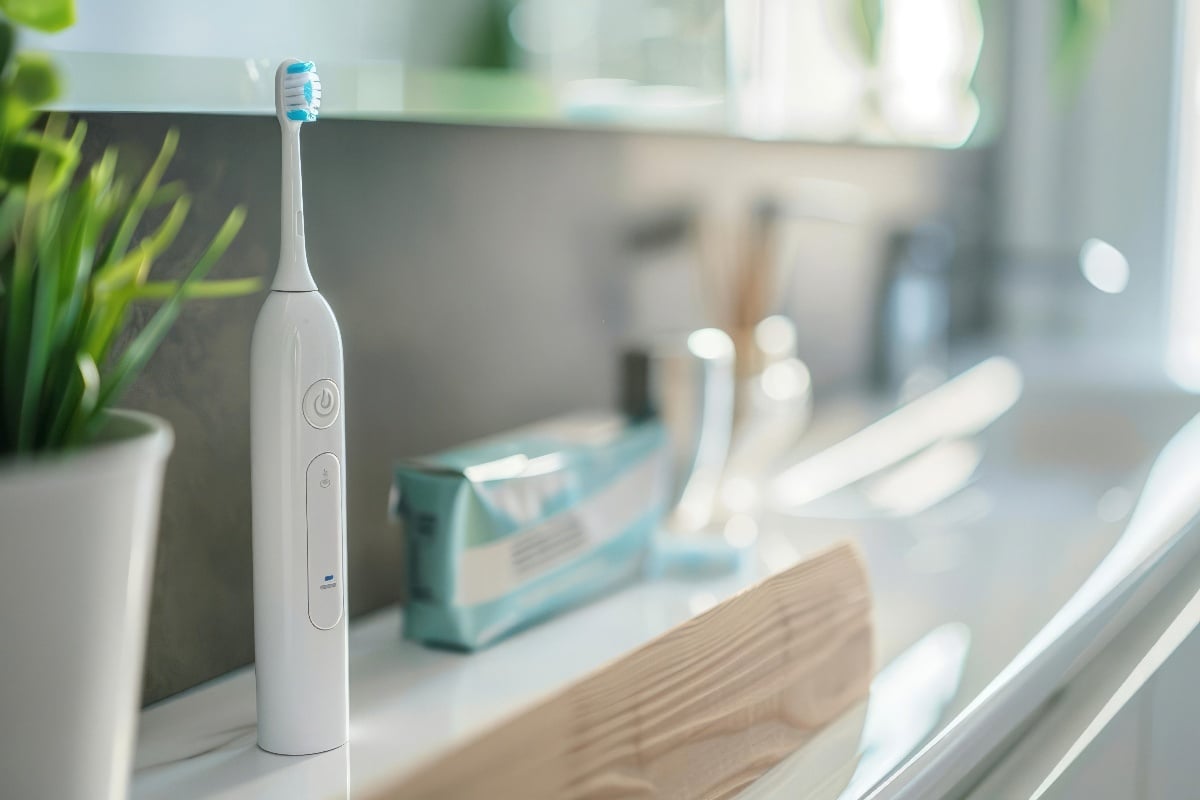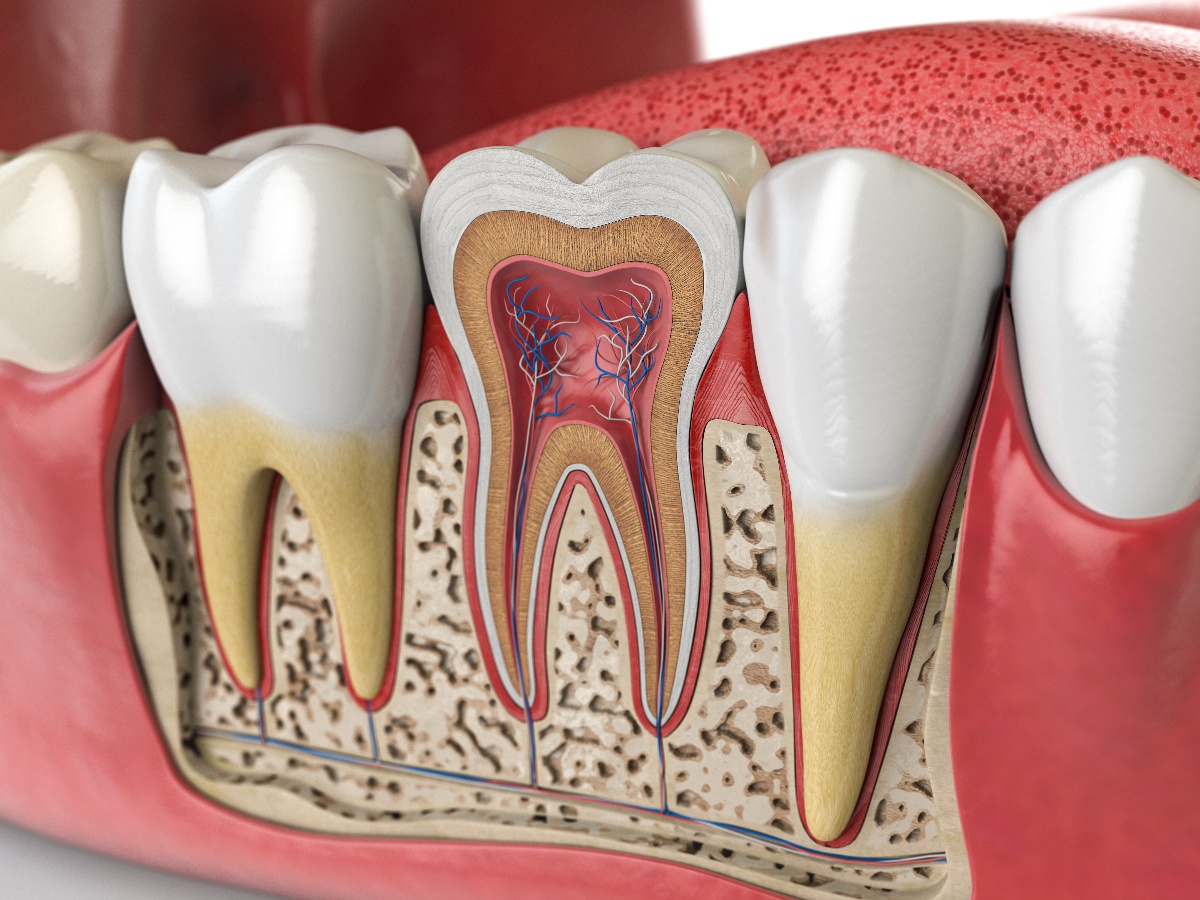In recent years, the spotlight on overall wellness has expanded to include a seemingly unlikely hero: probiotics. These live microorganisms, often associated with gut health, are now recognized for their potential to revolutionize oral care. While brushing, flossing, and regular dental checkups remain the cornerstones of a healthy smile, research increasingly suggests that a balanced, healthy oral microbiome can help prevent dental disease and even bad breath. This is where probiotics come in. Emerging evidence indicates that these beneficial bacteria can foster a healthier oral environment, acting as a natural defense against harmful microbes and contributing to stronger teeth and gums.
Understanding Probiotics
What Are Probiotics?
These beneficial microbes, when ingested in sufficient quantities, can improve the health of the organism consuming them. They are naturally present in various parts of the body, including the gut, skin, and mouth, and they play a vital role in maintaining a healthy microbial balance.
Types of Probiotics
Probiotics come in various strains, each with its unique benefits. Some of the most common and well-researched probiotic strains include:
- Lactobacillus: This can be found in yogurt and other fermented foods. Lactobacillus strains can produce lactic acid, which helps inhibit the growth of harmful bacteria.
- Bifidobacterium: These bacteria are primarily found in the intestines and are essential for a healthy digestive system. They help digest dietary fiber and produce essential vitamins.
- Streptococcus: Certain strains of Streptococcus, such as Streptococcus salivarius, are beneficial for oral health, helping to maintain a balanced oral microbiome.
How Probiotics Work
Probiotics function through several mechanisms that contribute to their health-promoting effects. These include:
- Competition: Probiotics compete with pathogenic bacteria for nutrients and attachment sites in the body. This reduces the chances of harmful bacteria establishing themselves.
- Production of Antimicrobial Substances: Many probiotic strains produce substances that inhibit the growth of harmful microorganisms.
- Immune System Regulation: Probiotics can enhance the body's immune response, helping to protect against infections and inflammation.
- Barrier Function: Probiotics in the digestive system support the strength of the gut barrier, blocking unwanted materials from penetrating into the circulatory system.
Probiotics are not just limited to improving gut health; their benefits extend to various parts of the body, including the oral cavity. Learning about the various probiotic strains and how they work allows you to more fully understand their possible contributions to overall health and vitality.
Understanding The Oral Microbiome
A complex ecosystem of microscopic life forms populates the human oral cavity, forming what is known as the oral microbiome. It consists of over 700 species of bacteria, along with fungi, viruses, and other microbes. These microorganisms colonize various surfaces within the oral cavity, including teeth, gums, tongue, and cheeks, forming complex communities of bacteria that stick together.
The hallmark of a well-functioning oral ecosystem is the carefully maintained equilibrium between beneficial microbes and those that could potentially cause harm. This equilibrium is crucial for maintaining oral health.
Helpful microorganisms serve multiple functions by:
- Controlling the growth of disease-causing germs
- Assisting in digesting food remnants
- Helping to strengthen tooth surfaces by promoting mineral deposition.
On the other hand, an imbalance in the oral microbiome, known as dysbiosis, can lead to problems such as cavities, gum disease, and bad breath.
Several factors can influence the composition and health of the oral microbiome. These include:
- Diet: The foods we consume can either nourish beneficial bacteria or promote the growth of harmful ones.
- Dental care routines: Consistent brushing and flossing can help manage microbial levels in your mouth.
- Medications: Certain drugs, particularly antibiotics, can disrupt the oral microbiome.
- Lifestyle factors: Smoking, stress, and alcohol consumption can negatively impact the oral microbiome.
- Age and genetics: These factors also play a role in shaping our oral microbial communities.
Understanding the intricacies of the oral microbiome is crucial for developing effective strategies to maintain oral health. This knowledge forms the foundation for exploring how probiotics can be leveraged to promote healthy teeth and gums.
Probiotics and Oral Health
Probiotic Benefits for Teeth
Probiotics can play an influential role in preventing tooth decay and cavities by promoting a healthy balance of bacteria in the mouth. Here are some specific ways in which probiotics benefit dental health:
- Inhibition of Harmful Bacteria: Probiotics produce substances that prevent the growth of cavity-causing bacteria like Streptococcus mutans.
- Reduction of Plaque: Certain probiotic strains can reduce plaque formation by preventing the adhesion of harmful bacteria to tooth surfaces.
- Neutralization of Acids: Probiotics help neutralize the acids produced by harmful bacteria, protecting tooth enamel from erosion.
Probiotic Benefits for Gums
Probiotics have qualities that can significantly contribute to preventing and managing gum disease, such as:
- Anti-Inflammatory Effects: Probiotics can reduce inflammation in the gums by modulating the body’s immune response and decreasing the production of pro-inflammatory cytokines.
- Competition with Pathogenic Bacteria: Probiotics compete with harmful bacteria like Porphyromonas gingivalis, reducing their numbers and their ability to cause gum disease.
- Healing and Regeneration: Some probiotic strains promote the healing and regeneration of gum tissues, aiding in recovery from periodontal disease.
Scientific Evidence for Probiotics
Several studies support the role of probiotics in promoting oral health. Key findings include:
- Reduction in Plaque and Gingivitis: One study found an effective reduction in plaque accumulation and gingival inflammation with the use of probiotic lozenges.
- Decreased Bad Breath: The British Medical Journal published a study in 2022 that showed that Lactobacillus salivarius and Lactobacillus reuteri were effective strains for reducing bad breath..
- Improved Periodontal Health: A study in the Journal of Periodontal Research showed that probiotic lozenges improved periodontal health and reduced signs of inflammation.
Probiotics offer a promising and natural approach to maintaining oral health. By promoting a balanced oral microbiome, they help protect against common dental issues such as cavities and gum disease.
Sources of Probiotics for Oral Health
Dietary Sources
Probiotics are naturally present in various foods, particularly those that are fermented. Incorporating these foods into your diet can help boost the levels of beneficial bacteria in your mouth. Some of the best dietary sources of probiotics include:
- Yogurt
- Kefir
- Sauerkraut
- Kimchi
- Miso
- Tempeh
Probiotic Supplements
In addition to dietary sources, probiotic supplements can provide a concentrated dose of beneficial bacteria specifically formulated for oral health. These supplements come in various forms, including capsules, tablets, powders, and lozenges. When choosing a probiotic supplement, consider the following:
- Specific Strains: Look for supplements that contain strains known for their oral health benefits, such as Streptococcus salivarius.
- CFU Count: Check the colony-forming units (CFU) count to ensure that the supplement contains an adequate number of live bacteria.
- Quality and Purity: Choose products from reputable brands that ensure high quality and purity standards.
Considerations and Precautions
Safety and Side Effects
While probiotics are generally considered safe for most people, it's essential to be aware of potential side effects and considerations. Probiotics are live microorganisms, and their impact can vary depending on individual health conditions and the specific strains used. Here are some important points to keep in mind:
- Mild Digestive Issues
- Allergic Reactions
- Risk for Immunocompromised Individuals
Consulting with Healthcare Providers
It's always a good idea to consult with a healthcare provider, such as a dentist or physician, before starting any new supplement, including probiotics. This is particularly important for individuals with specific health conditions or those taking other medications.
Practical Precautions
Incorporating probiotics into your oral care routine can be highly beneficial, but it's important to do so wisely. Here are some practical precautions to keep in mind:
- Introduce Gradually: Start with small amounts of probiotic foods or supplements and gradually increase the intake to allow your body to adjust.
- Monitor Your Response: Pay attention to how your body responds to probiotics and make adjustments if you experience any adverse effects.
- Maintain Good Oral Hygiene: Continue practicing good oral hygiene, including regular brushing and flossing, to support the overall effectiveness of probiotics.
Schedule an Appointment
To learn more about how Palmetto Dental Arts can help you maintain optimal oral with the latest innovations in contemporary dentistry, call us or contact us online.





